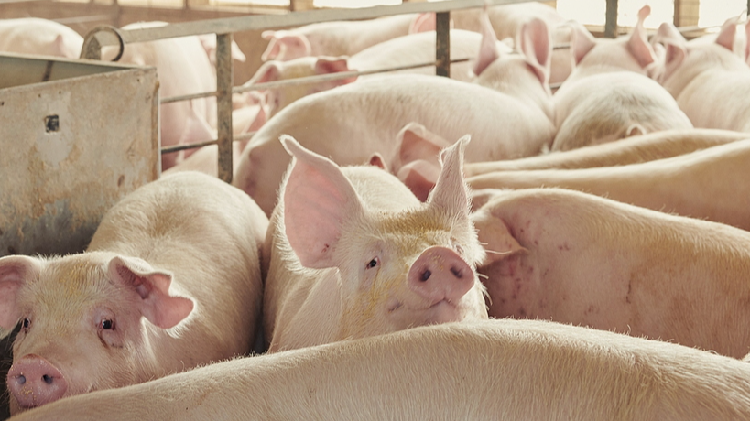AI Interprets Oinks and Grunts to Ensure Pig Well-being
AI interprets oinks and grunts to ensure the well-being of pigs.

This algorithm may enable farmers to be alerted to negative emotions in pigs, thus improving their well-being, as noted by Elodie Mandel-Briefer, a behavioral biologist at the University of Copenhagen and co-leader of the study.
Researchers from universities in Denmark, Germany, Switzerland, France, Norway, and the Czech Republic employed thousands of recorded pig sounds from various situations, such as play, isolation, and competition for food. Their findings indicate that grunts, oinks, and squeals can signify both positive and negative emotions.
Although many farmers have a solid grasp of their animals' well-being through observation, existing agrarian tools primarily focus on measuring physical health, according to Mandel-Briefer.
"Emotions of animals are central to their welfare, but we don't measure it much on farms," she explained.
The algorithm showed that pigs raised in outdoor, free-range, or organic environments—where they can roam and root in the soil—emit fewer stress calls compared to pigs raised in conventional settings. The researchers believe that once this method is fully refined, it could also aid in labeling farms, empowering consumers to make informed decisions.
"Once we have the tool working, farmers can have an app on their phone that can translate what their pigs are saying in terms of emotions," Mandel-Briefer remarked.
Typically, short grunts are associated with positive feelings, while longer grunts can indicate discomfort, such as when pigs jostle each other near a feeding trough. High-pitched sounds like screams or squeals often denote stress, particularly in situations of pain, conflict, or separation.
The scientists leveraged these insights to develop an algorithm that utilizes AI.
"Artificial intelligence really helps us to both process the huge amount of sounds that we get, but also to classify them automatically," said Mandel-Briefer.
Frederick R Cook contributed to this report for TROIB News
Discover more Science and Technology news updates in TROIB Sci-Tech












